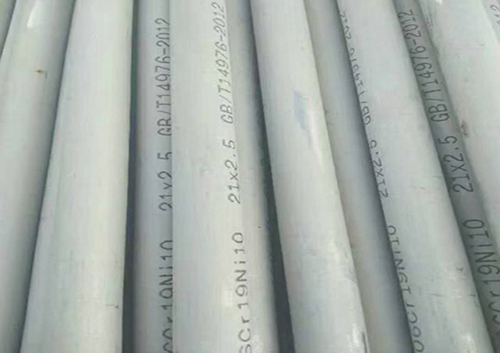Can stainless steel be schedule 40?
When it comes to plumbing and industrial piping systems, the term "schedule 40" holds significant importance. It denotes a standardized wall thickness for pipes, ensuring consistency and compatibility across various applications.
Pipe scheduling serves as the blueprint for the plumbing world, akin to the architectural plans for a building. It defines the thickness and dimensions of pipes, providing a common language for engineers, contractors, and manufacturers. This systematic approach ensures that pipes of the same schedule can seamlessly interconnect, promoting efficiency and structural integrity.
Stainless steel has long been a stalwart in industrial and architectural applications due to its exceptional corrosion resistance, mechanical strength, and aesthetic appeal. But can it conform to the stringent demands of the schedule 40 classification?
Yes, stainless steel pipes can indeed be crafted to adhere to the schedule 40 specifications. This versatile alloy, celebrated for its ability to withstand harsh environments and deliver exceptional performance, can be manufactured in various schedules, including the revered schedule 40.
Schedule 40 isn't just a random number; it's a code that speaks volumes about a pipe's characteristics. It signifies a specific wall thickness, striking a balance between robustness and fluid flow capacity. This sweet spot makes it a sought-after choice for applications where strength and efficient fluid transportation are paramount.
When stainless steel embraces the schedule 40 designation, it's like combining the best of both worlds. The alloy's inherent corrosion resistance and mechanical prowess blend harmoniously with the schedule's specifications, making it an ideal contender for an array of industries.

Advantages of Stainless Steel Schedule 40 Pipes
Corrosion Resistance: Stainless steel's resistance to corrosion is legendary. When manifested in a stainless steel schedule 40 pipe, it translates to longevity and reliability, even in aggressive environments.
Strength and Durability: The marriage of stainless steel's strength and the schedule 40's prescribed wall thickness results in pipes that can withstand substantial internal and external pressures.
Aesthetic Appeal: Stainless steel's sleek and modern appearance isn't compromised when crafted into schedule 40 pipes. It offers both functionality and aesthetics, making it suitable for architectural and decorative applications.
Previous: >> What is stainless steel 316 sch 40? Next: >> What is the difference between Schedule 40 and 80 stainless steel pipe?







